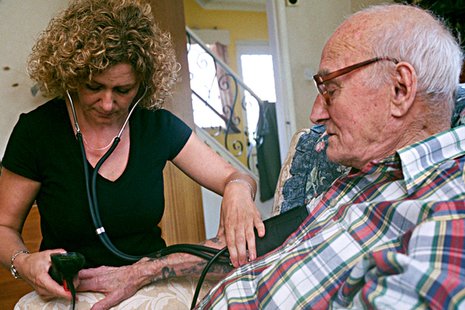Kickstart Your Career in Social Care

Image Credit: gov.uk
With all the deadlines and drama of University life, it can sometimes be a shock to begin thinking about life after graduation. Specifically, it can be unnerving to think about graduate careers – especially if you aren’t entirely sure what you want to do. For people who have strong interpersonal skills and enjoy being a helping hand, Social Care could be the industry for you.
Social care is a very expansive industry, and people looking to work with adults and/or children should consider it – there are a range of different demographics to work with and lines of work. You could choose to be a domiciliary assistant for elderly people, work as a SEN teacher in a school for children with learning disabilities, or provide careers advice to people in disability rehabilitation. The sector is ideal for all different sorts of people, especially with regards to flexibility of hours if you have mobility or fatigue issues, or have a family. Skills for Care has lots of information on offer about different roles within the Social Care sector.
Entry into the sector is very flexible – it is easiest to find volunteer roles and gain experience within your preferred environment before finding a paid vacancy, and there are few qualifications at entry level. In this sense, it doesn’t matter what your degree subject is – it will help you bring insight into your first role, be that communications or IT or logical thinking skills. For prospective Healthcare, Education, Psychology, Sociology, Politics, or Social Care graduates, you may be able to jump straight into a more advanced position – starting salaries for graduate social care jobs average £18,000 per year, with some jobs offering higher or lower rates of pay according to funding allocations.
For other graduates, you may find that once you begin your on-the-job training you can advance more quickly. For many HSC jobs, it is helpful to begin working through QCF Diplomas in Health and Social Care. The level 2 and 3 qualifications are the most common, and it can be difficult to reach advanced promotions without them. The diploma is earned through work based learning, allowing you to work towards it at your own pace. These help to complement your experience through clear demonstrations of initiative, leadership, and specialist knowledge, for example through a pathway in learning disabilities or dementia care.
Category: Health






